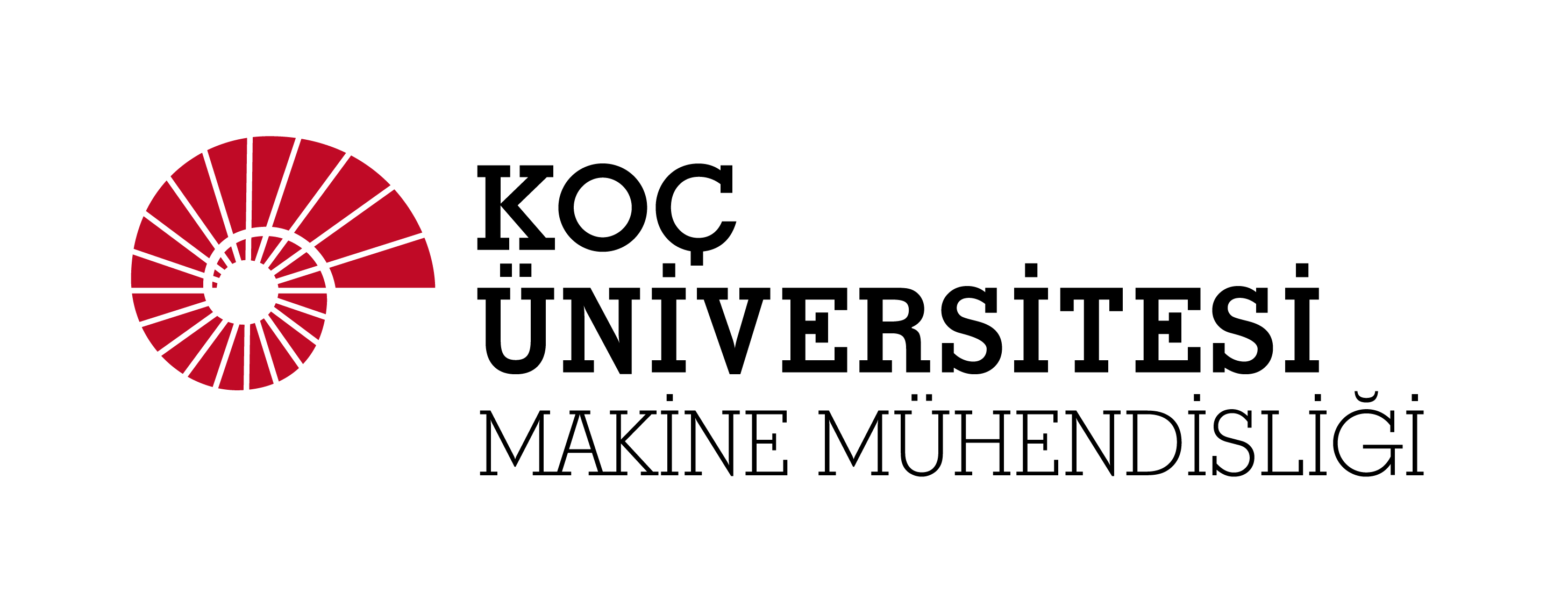MECHANICAL ENGINEERING MS THESIS DEFENSE BY UTKU CAN YILDIZ
Title: Novel Manufacturing Method for Large Scale and Energetic Material Containing Paraffin-Based Hybrid Rocket Fuel Grains
Speaker: Utku Can Yıldız
Place: Koç University
Thesis Committee Members:
Assoc. Prof. Arif Karabeyoğlu (Advisor, Koç University)
Prof. Dr. Metin Muradoğlu (Koç University)
Prof. Dr. Onur Tunçer (Istanbul Technical University)
Abstract:
The propulsion system designs are tailored according to the mission’s requirements. Launching and sounding rockets demand high thrust, a condition feasible through the interaction of propellant and oxidizer at high flow rates. In addition to cost, safety, and operational ease considerations, high regression rate and competitive specific impulse make paraffin-based hybrid fuels a robust candidate for both launching and sounding rockets.
Centrifugal and direct casting are the standard methods to manufacture paraffin-based fuel grains. The fuel melt’s composition may influence the preference for a specific production method. For instance, metallic additives in the demanded fuel formulation make the centrifugal casting method unsuitable due to phase separation between polymeric melt and metallic powder induced by density differences. It makes the direct casting method the only option. However, the direct casting method introduces deviations in the fuel grain’s dimensional tolerances. It leads to a substantial reduction in both mechanical properties and density due to exposed micro defects while the melt solidifies.
This thesis aims to develop a novel fuel grain manufacturing method with distinctive advantages over classical centrifuge and direct fuel casting techniques. Additionally, it seeks to determine production parameters affecting mechanical properties, identify micro-mechanisms impacting mechanical characteristics, and elucidate specific scenarios wherein the new production method offers favorable outcomes. The fuel formulation is prepared and obtained in a liquid state in the advanced method. It is subsequently transformed into micron-sized particles by spraying into a reactor filled with inert gas through a nozzle. The resulting particles are then placed into molds designed to achieve the desired fuel grain shape and compressed using a uniaxial hydraulic system to obtain a homogeneous solid fuel grain.
Within this framework, the thesis study involved the production of over 500 kg of hybrid rocket fuel powder, evaluating more than eight distinct mold designs, and the generation of over 400 samples for the investigation of mechanical and combustion characteristics. Tensile test specimens were extracted from the produced fuel cores, and their mechanical properties and fracture surfaces were examined using an electron microscope. Finally, fuel cores prepared from different formulations tested with appropriate hybrid rocket motors. The test results demonstrate that the new fuel production method facilitates the homogeneous incorporation of metallic additives characterized by a high-density difference into the fuel melt, enabling the utilization of additives requiring processing at low temperatures as fuel. Furthermore, a new additive is proposed for paraffin-based hybrid rocket fuels. The proposed additive, blowing agent, enhance the fuel regression rate up to %178 at 60 g/cm2s oxidizer flux compared to the base fuel formula’s regression rate.
